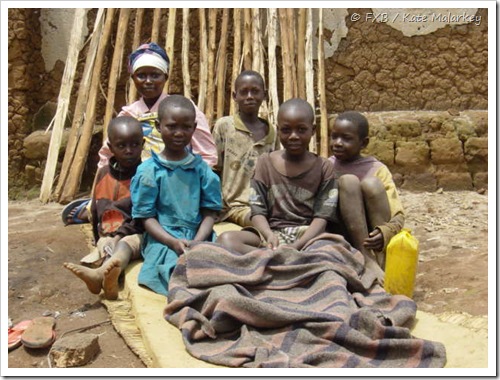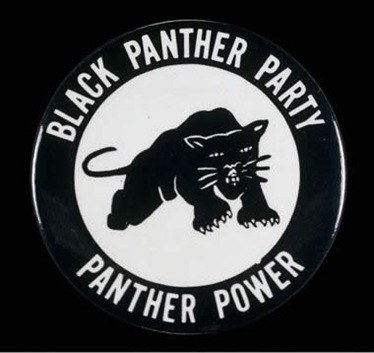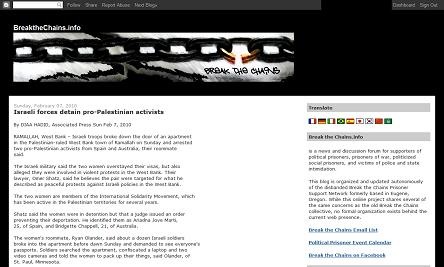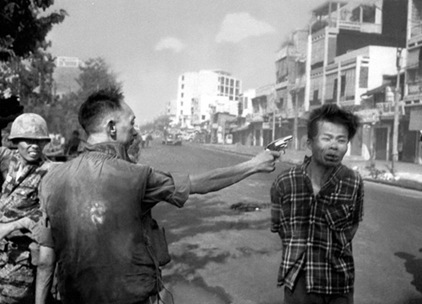Back in January, I posted about the organisation FXB International. Nico from FXB contacted me via Twitter to thank me for my post and I jumped at the chance to ask him for further information. Well, it is slightly under a month since we first made contact but Kate from FXB has kindly agreed to answer a couple of questions for me. I'd like to thank Kate for taking the time to write such wonderful replies to my questions below. The photos in the post have been kindly provided by Kate and are from her recent trip to Rwanda.

Where did you visit in Rwanda? What were you doing there?
I was unfortunately only able to visit Rwanda for a few short days, but during my time there I visited our FXB-Village sites and met with beneficiary families who are enrolled in our programs. FXB has Village sites throughout Rwanda (as in many countries throughout the world). In particular, I visited some of our sites in Gitarama, located about an hour’s drive from Kigali.
What I was most interested in finding out about was your three year Village model and the types of things taught and how progress is managed. I really like the idea of sustainability. So many times in the past we heard about loans and aid and this is the best idea I have heard so far. So anything you can tell me would be appreciated.
The FXB Village program is our signature three-year program designed to provide sustainable help to children and families hardest hit by poverty and AIDS. Each FXB-Village is a network of 80 to 100 households within a wider community, households which are most often comprised of widows caring for children, orphan-headed households, or orphaned children taken in by extended family. FXB field staff work, including social workers and nurse counselors, work with local leaders, and community members to identify the households most in need. Once enrolled in the program, families are given life-saving tools and resources, including access to healthcare, HIV testing and prevention information, Antiretroviral treatment for HIV, and emergency food support. FXB covers the tuition, uniform, and supplies fees for all school aged children, and all young adults have the opportunity to enroll in vocational training.
Once a family is healthy and has regained their strength, the head of household receives a small grant to start a microenterprise, and FXB trains them on basic management, opening a savings account, and other relevant skills. These microenterprises range from animal rearing and vegetable harvesting, to basket weaving and jewelry making, and provides the family with a sustainable way to generate income. As the business grows and generates profits, FXB incrementally withdraws financial support and households slowly take over responsibility for growing portions of their expenses. By the end of the three years, families are fully supporting themselves, have built savings accounts, and are armed with the tools and skills necessary to continue living above the poverty line and meet their basic needs for the long term. Our model promotes self-sufficiency and provides sustainable solutions to the root causes of poverty.
An external evaluation of FXB-Villages was conducted and it was found that 86% of families continue to live above the poverty line and can provide for all their basic needs, even years after the program has been completed. The Villages have been cited by UNICEF and UNAIDS as a best practice in supporting AIDS-affected children.
FXB currently has Village programs in Rwanda, Uganda, Burundi, the Democratic Republic of the Congo, China, Thailand, and India, and is hoping to expand the Villages to Colombia, South Africa, and Myanmar, where we have operated other programs for years.

Which is the newest country that FXB has become involved in? Can you tell us a bit more about what it is like and what you are focusing on first there?
We have just started a new Village program in the Democratic Republic of the Congo (DRC) in Goma. Our activities in the DRC focus on providing direct and comprehensive support to children and families hardest hit by poverty and AIDS. As one of the largest countries in Africa, the DRC is home to nearly 65 million people, 71% of whom live below the poverty line. One million adults and children currently live with HIV/AIDS, and it is estimated that 1,000 people die each day from war-related causes including disease, violence, and hunger.
FXB has previous experience working in post-conflict settings. We felt our skills and resources could be of great assistance in the DRC. Families were selected in July, and Village activities began in October 2009. Although still early in the program, we are very excited by the progress the families have made and look forward to expanding our programs in the country.
I am also very happy to report that we have recently expanded our Village model to Colombia. FXB has been present in Colombia since 1992, running the FXB House in Barranquilla. The FXB House provides comprehensive medical and social support to children affected by HIV, as well as their families, including day-care, medical treatment, psychosocial counseling, and nutritional support. The FXB House also works with a variety of local partners on a larger scale program focused on the Prevention of Mother-to-Child Transmission of HIV. Based on the success the FXB House has achieved over the past 18 years and our strong community presence, expanding our work to include the implementation of FXB-Villages is a logical step and an effective way to reaching even more vulnerable children and families. The first FXB-Village in Colombia began in January 2010, and we plan to continue securing funding to build additional Villages to benefit even more children in the region.
How did you come to be involved in FXB and what is the the role that you play?
I came on to FXB’s office in New York City, FXB USA, as a part-time intern while studying for my Master’s degree. It was a wonderful learning opportunity, and it fit well with my interests in international development, HIV, and children.
Over the past two years my position has grown, and I am now a full time staff member. I manage individual giving for the US office and FXB Global Partners, our newest program that seeks to engage companies, associations, and individuals in a fundraising partnership with a FXB-Village in a country of their choice. We have recently launched this program and are actively seeking interested parties.

Do you have advice on what young people can study if they would like to become involved in international agencies such as yourselves?
This sector is huge and there are a variety of paths one can take including fundraising, finance, marketing, program development, and program management. Some people prefer to be on the ground and work directly in the field, while others have a more administrative role and work behind the scenes to create new programs, engage supporters, or ensure there is enough funding to keep the programs in operation. There really is something for everyone, it’s just a matter of deciding where your interests fit best.
My academic background is in International Relations and Non-Profit Management, but I think for the most part experience and passion trump a degree. Volunteering and internship opportunities are an excellent way to get involved, test out the water, and gain experience working in the sector. You may not be doing the most glamorous work, but it is hands-down the best way to gain knowledge, develop skills, and make contacts with people to help build your professional network. I know many people (including myself) who have parlayed short-term volunteer or internship experiences into staff positions.
Another way to prepare oneself for this area of work is to stay up to date on global issues and topic areas that relate to your goals. There is always a wealth of information on the internet, and as your site demonstrates, a host of books, publications etc. that are really valuable and can help build your understanding of global issues. On a more practical note, regardless of the position you eventually seek it is important to have strong written and communication skills. It is up to staff to communicate the mission, vision, and programs to the public, and so agencies are always looking for people who can clearly address these topics and promote their organization effectively.
Do you have any advice on what older people can do if they'd like to become involved. What skills are organisations such as yours looking for, both on a full time and volunteer basis (I'm not saying that you have positions available, just that people often don't realise they have something to offer). Many people don't have resources other than their time and perhaps a blog site - how can they get involved?
I think you have hit the nail on the head when you say that people often don’t realize they have something to offer. There is ALWAYS something you can offer, it’s just a matter of identifying how your skills can be utilized. Luckily, most non-profit organizations, both focused nationally and internationally, are always in need of assistance in one form or another. If people want to go beyond just donating money, there are still many ways in which they can contribute their skills to help the organization further along in their mission. This can involve reaching out to friends (in person or thorough a blog) to promote an organization and spread the word about their work. Individuals can also create small fundraising events or campaigns, something as simple as collecting spare change at work or holding a car wash, to raise funds to support a program. Organizations really benefit from public recognition, and supporters of all ages are invaluable at helping to publicize their work in their own social circles and social media/blogs.
For individuals who want to contribute their skills in a more structured way, it is best to reach out to the organization directly and simply express an interest in helping out. Whether lending your legal expertise pro bono, offering your web design knowledge, or stuffing envelopes with mailings, volunteers can make a big impact on an organization by doing small things. Regardless of your background, the most valuable thing you can bring to the table is a passion for helping and a willingness to assist in whatever tasks may be most needed at the time.
From dealing with the organisation this month it is clear that they are a group of passionate, dedicated individuals and I think their idea of a three-year programme for sustainable development is fantastic. I hope this will help those of you who want to get involved.
You can visit the FXB website if you would like to get involved or donate money or you can follow them on Twitter too.
Website: www.fxb.org
Twitter: @fxbusa
 This book is absolutely phenomenal. It reads like the Sunday papers, but you won't put these papers down until you've finished.
This book is absolutely phenomenal. It reads like the Sunday papers, but you won't put these papers down until you've finished. 







